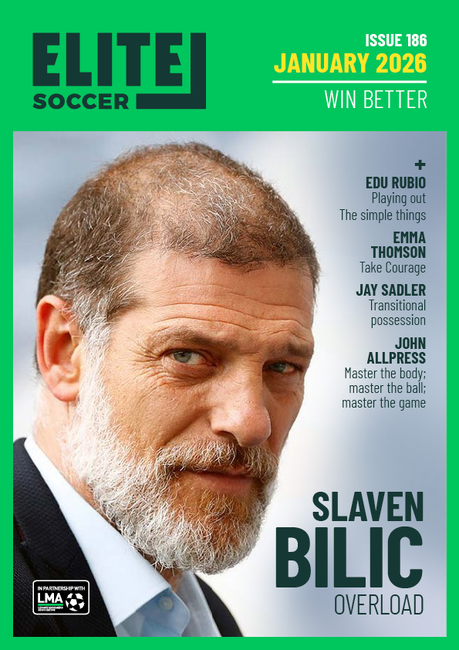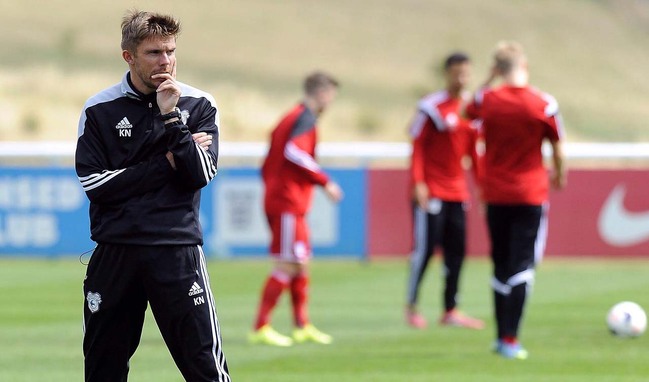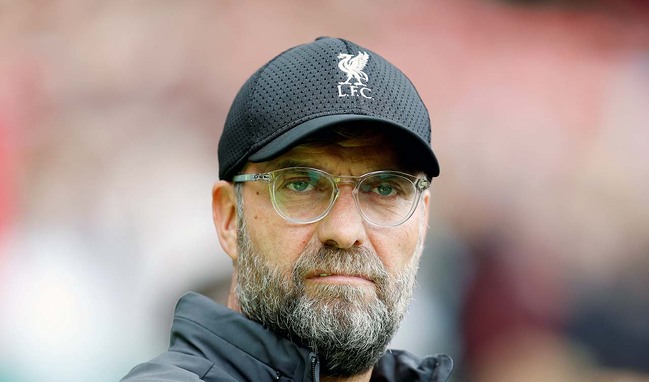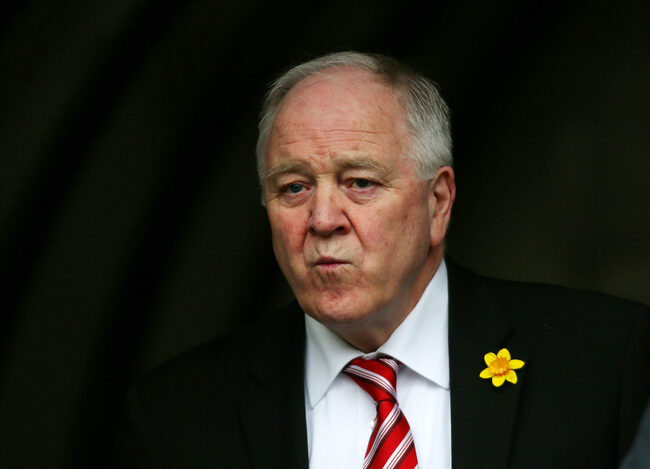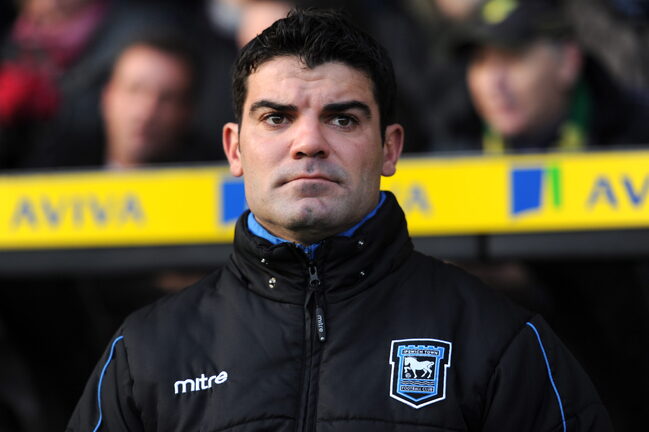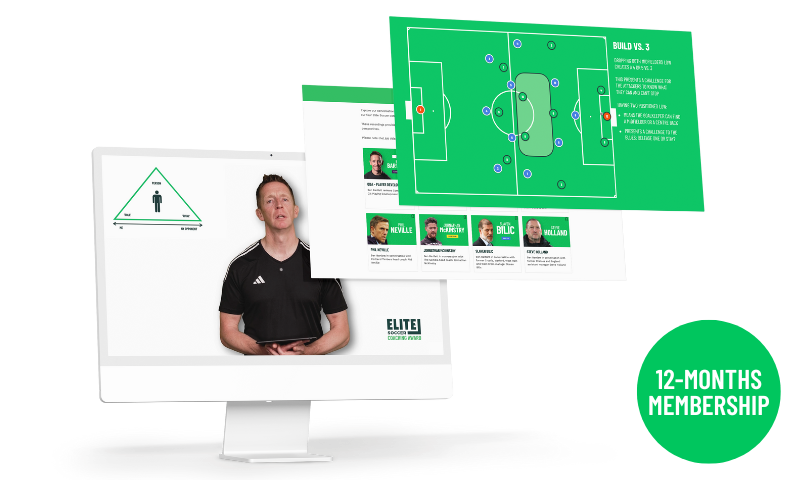
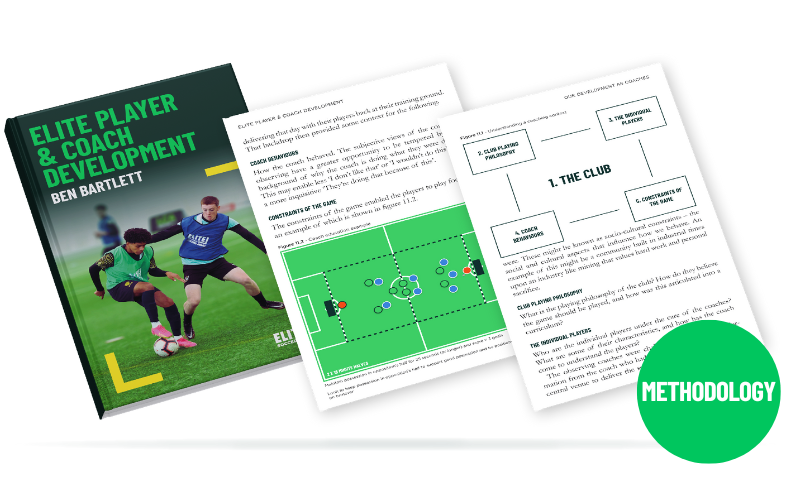
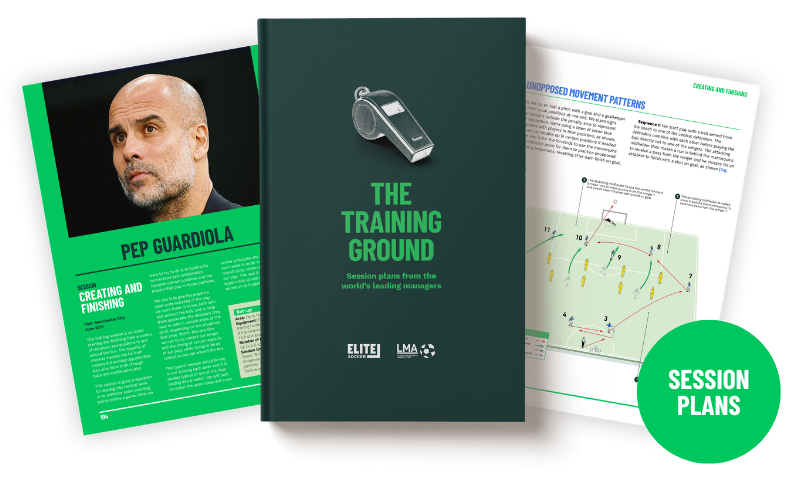
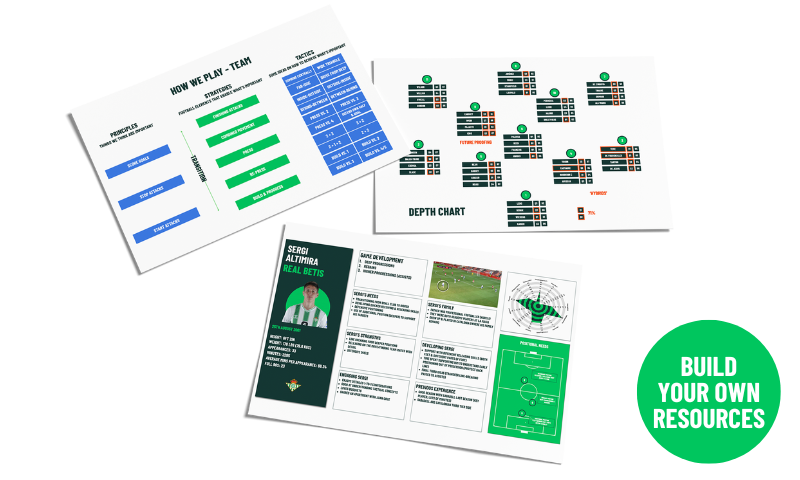
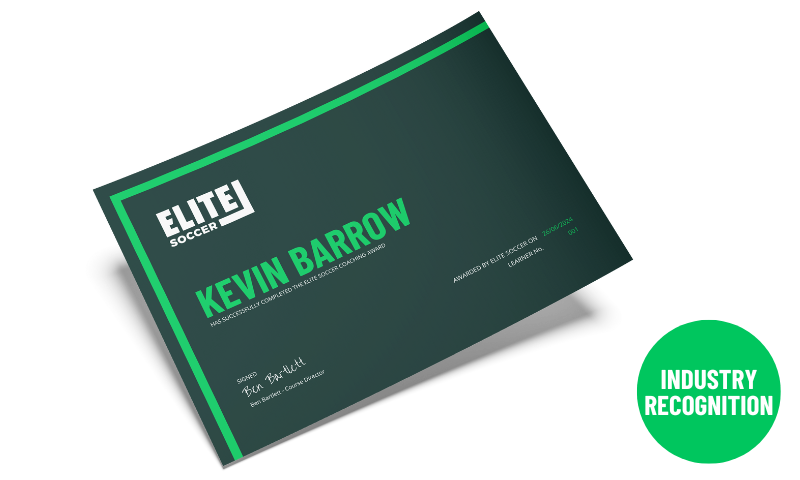
OUR BEST EVER OFFER - SAVE £100/$100
JOIN THE WORLD'S LEADING PROFESSIONAL DEVELOPMENT PROGRAMME
- 12 months membership of Elite Soccer
- Print copy of Elite Player & Coach Development
- Print copy of The Training Ground
You are viewing 1 of your 1 free articles
Discipline and Creativity
Swansea City manager Brendan Rodgers gives an insight into a coaching philosophy that has won the Welsh club many admirers in their first season as a Barclays Premier League club.
You’re known as one of the most progressive coaches in the game - what are the main elements of your philosophy?
In terms of coaching I like my players to be technically strong and to understand the game tactically, but I also think it’s vital to maximise the extent to which every player can play the game. It’s also very important to understand the human needs element of players.
In terms of the actual philosophy, I like my teams to be attractive and creative, but also with good tactical discipline, and that is really the core of all our work each and every day.
How beneficial was it for you to inherit a squad of technically accomplished players at Swansea who were used to a flowing, attractive style? Did that make it easier for you to make immediate progress?
Certainly Swansea is a club with a tradition of having teams that play good football, and obviously they changed their structure when Roberto Martinez changed from a 4-4-2 to a 4-3-3. From that moment on the club brought in coaches and managers who understood that way of working and playing. That enabled me to fast-track and implement my own ideas into the group.
They’d had a very good year in the Championship where they finished eighth. Paulo Sousa took over and did an excellent job and they reached seventh position, and then I had the big challenge to take the club forward on a very limited budget.
So it was really about trying to implement my own ideas, but the core of the group knew and believed in that way of playing. It was then a case of developing and improving that way rather than having to create it right from the beginning.
Has there been a change in the perception of how a promoted team should play, in light of the success enjoyed in recent years by free-flowing sides like West Bromwich Albion, Reading and Blackpool?
I honestly don’t think there is a right or a wrong way to play. You are judged on your results. West Brom played some fantastic football under Tony Mowbray, were in the Barclays Premier League, and when they were relegated they were told they were too naive.
Watford came up and were a breath of fresh air for the first few months, and they went direct and long. Aidy Boothroyd didn’t have a lot of time after they got promoted to change his style so they went with the philosophy that got them promoted. And after a few months when they lost some games, everyone was telling them they should be passing the ball. I don’t think there’s a right or a wrong way to do it. You have to win games, but the coach’s own philosophy will determine the way a team plays.
You mentioned implementing a 4-3-3 formation. How much did your time at Chelsea with Jose Mourinho contribute to your development? Do you still stay in touch with Mourinho?
Yes, I do stay in touch with him. But it wasn’t just at Chelsea that I came round to that way of thinking. I have always coached my teams like that. From 20 years of age I studied in Spain and travelled throughout Europe, to understand the structure and the formation of 4-3-3.
I had always done that as a youth coach, but obviously going to Chelsea allowed me to work with players at the very highest level, both youths and seniors. It also allowed me to explore and experiment with how far you can take that system with really good players.
You and Andre Villas-Boas worked with Mourinho, while a large number of Sir Alex Ferguson’s ex-players have gone on to manage. What is it about top managers that seems to rub off on the people they work with?
I think you obviously have your own ambition, and you need people to give you a chance, who think you have the capacity to work at that level. But obviously when you get the chance to work with such managers it gives you a chance to learn from the best and develop, and Jose was a fantastic influence for me.
When you move into management, you’re working alone, you can’t look to imitate or be anyone else, and you have to carry your own ideas with you. But the more experience you have the better, and I have been very fortunate to be able to work with lots of very good managers. I have then hopefully been intelligent enough to take on board the good and the bad, and work it into my own identity.
Editor's Picks
Attacking transitions
Deep runs in the final third
Using the goalkeeper in build-up play
Intensive boxes drill with goals
Penetrating the final third
Creating and finishing
My philosophy
Pressing initiation
Compact team movement
Coaches' Testimonials

Alan Pardew

Arsène Wenger

Brendan Rodgers

Carlos Carvalhal

José Mourinho

Jürgen Klopp

Pep Guardiola

Roy Hodgson

Sir Alex Ferguson

Steven Gerrard
Coaches' Testimonials

Gerald Kearney, Downtown Las Vegas Soccer Club

Paul Butler, Florida, USA

Rick Shields, Springboro, USA

Tony Green, Pierrefonds Titans, Quebec, Canada
Join the world's leading coaches and managers and discover for yourself one of the best kept secrets in coaching. No other training tool on the planet is written or read by the calibre of names you’ll find in Elite Soccer.
In a recent survey 92% of subscribers said Elite Soccer makes them more confident, 89% said it makes them a more effective coach and 91% said it makes them more inspired.
Get Monthly Inspiration
All the latest techniques and approaches
Since 2010 Elite Soccer has given subscribers exclusive insight into the training ground practices of the world’s best coaches. Published in partnership with the League Managers Association we have unparalleled access to the leading lights in the English leagues, as well as a host of international managers.
Elite Soccer exclusively features sessions written by the coaches themselves. There are no observed sessions and no sessions “in the style of”, just first-hand advice delivered direct to you from the coach.


